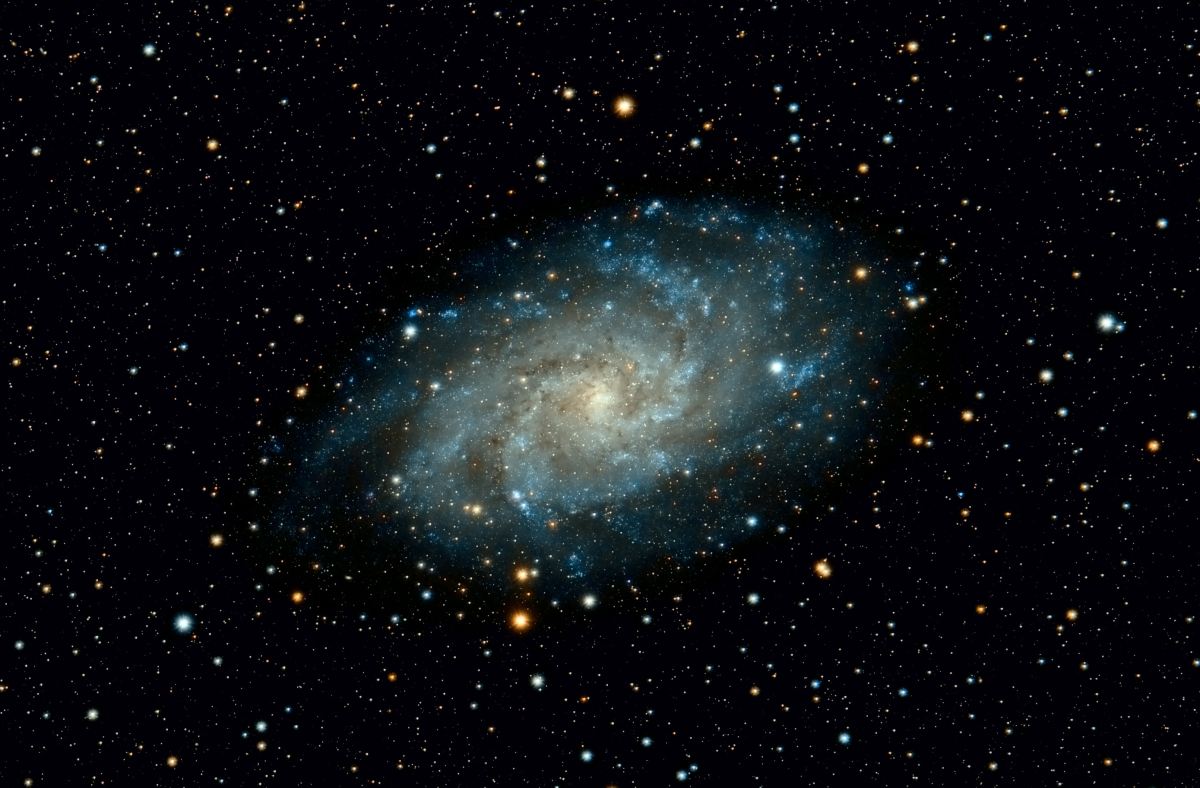World leaders agreed on what we can and can’t do in space more than fifty years ago, and those rules may be in need of an update.
The 1967 U.N. Outer Space Treaty had two main goals: prohibiting individual countries from laying claim to celestial bodies, and keeping space nukes at bay. Following the Cold War and the decline of the space race, outer space activity faded for several decades. Now, climate change has sparked renewed interest in space exploration as the earth continues to become increasingly uninhabitable. Fifty-two years after the first treaty outlined the laws of outer space, earth-bound individuals are turning to the sky with new designs in mind that the rules of 1967 aren’t entirely equipped to govern.
Slate decided to revisit the treaty from a 2019 perspective in order to determine what exactly we can and can’t do in space according to the current agreement. Turns out, some things may need to change sooner rather than later.
While the U.S. definitively can’t annex the moon — the treaty firmly prevents nations from laying sovereignty claims to celestial bodies — wealthy individuals like Elon Musk could potentially claim territory in outer space. Back when the treaty was signed, no one had private companies and billionaires in mind, so there are no official rules outlining what such private actors can do in space.
However, as Slate notes, an article in the treaty holding individual countries responsible for national activities in space regardless of whether they’re government actions would make it difficult for any individual to claim space territory. In order to launch a SpaceX settlement mission, the U.S. would have to approve and ensure that any activities didn’t violate the treaty, making private space settlement an unlikely reality.
Still, the treaty leaves a number of grey areas that could become more than hypothetical in the not-so-distant future, so it may be time to reevaluate.
Editor’s Note: RealClearLife, a news and lifestyle publisher, is now a part of InsideHook. Together, we’ll be covering current events, pop culture, sports, travel, health and the world. Subscribe here for our free daily newsletter.
Thanks for reading InsideHook. Sign up for our daily newsletter and be in the know.



















